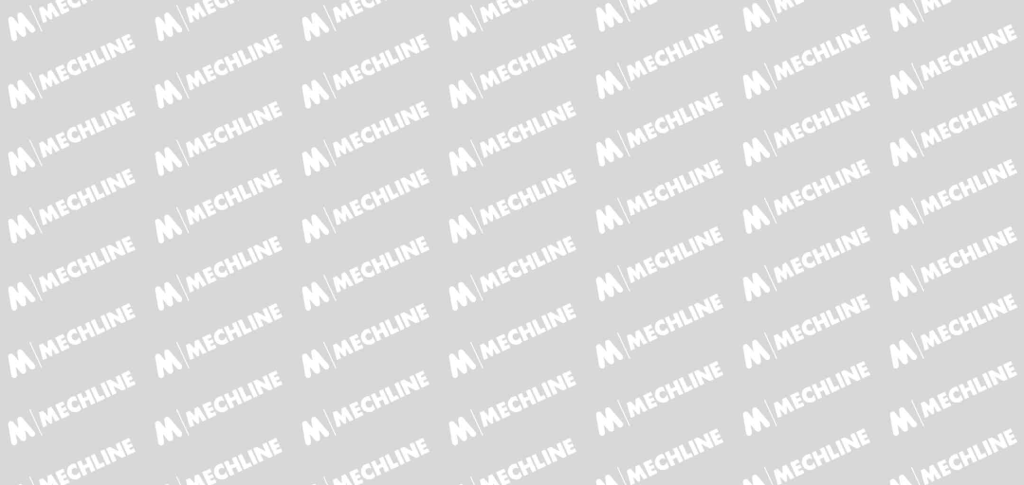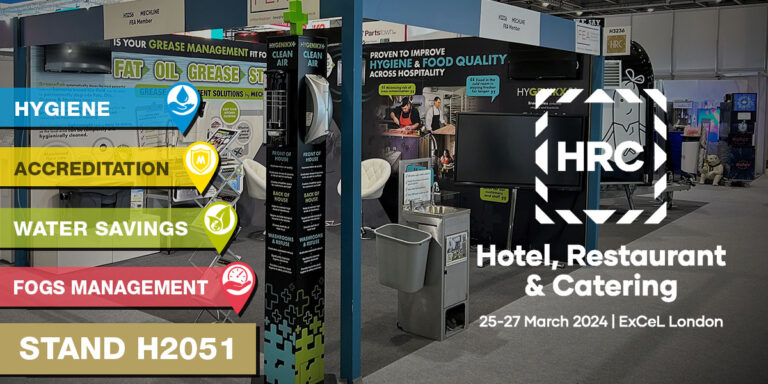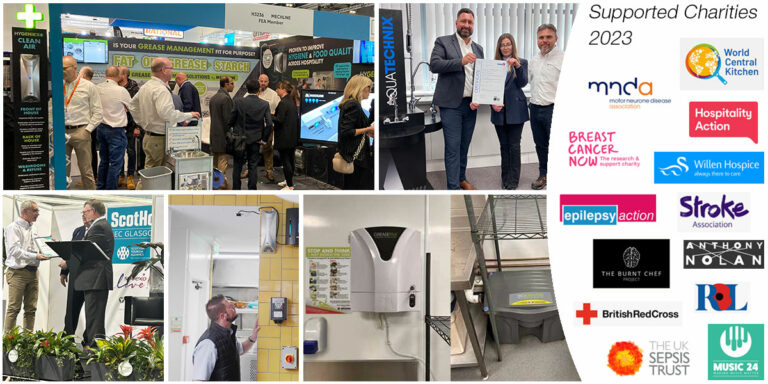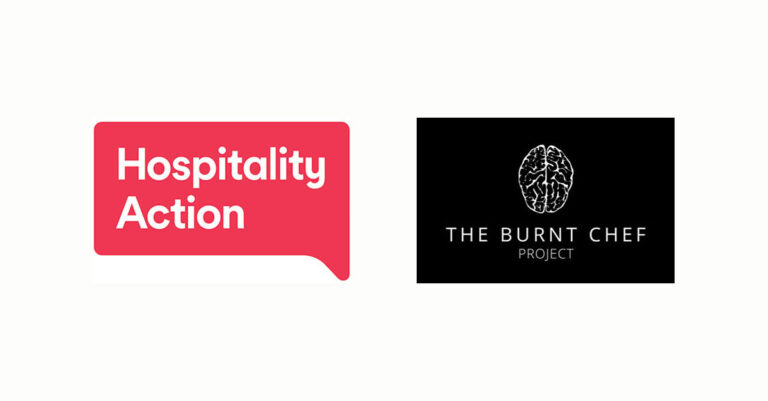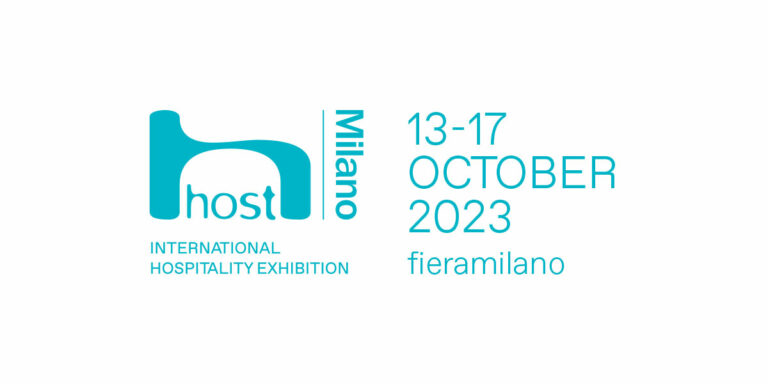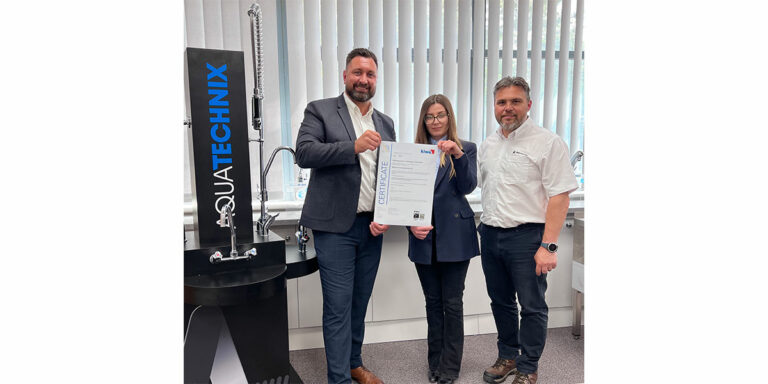Mechline Developments has pledged its support for Gas Safety Week (19-25 September 2016) to raise awareness of gas safety and remind the foodservice and hospitality industry of their responsibility to keep staff and customers safe from the dangers posed by gas appliances.
The sixth annual Gas Safety Week will see organisations from across the UK work together, to encourage all gas consumers to arrange an annual gas safety check. Poorly maintained gas appliances can cause gas leaks, fires, explosions and carbon monoxide (CO) poisoning.
With 22 deaths and nearly 1,000 gas-related injuries in the last three years3, it’s vital that operators make sure their gas appliances are safety checked every year, by a Gas Safe registered engineer. Anyone working on gas appliances while not being Gas Safe registered is working illegally.
With over 448,000 food service operations in the UK, safety of staff and customers in hotels, restaurants, cafes, mobile catering and more is a big responsibility for catering and hospitality outlets.
Kristian Roberts, Marketing Manager at Mechline; ‘Choosing the right engineer and the right equipment can make all the difference when it comes to gas safety. If you are a food business operator, you must have a suitable maintenance scheme in place for all gas appliances. You are required to allow only a gas engineer who is Gas Safe Registered and competent to work on the particular gas appliances.’
The gas engineer must have the CCCN1- Commercial Catering Core Gas Safety Assessment, which is indicated on the back of their ID card as ‘Catering’ under ‘Non-Domestic’.
You must that the engineer is certified to work on your particular gas equipment, there are four different categories:
Commercial Catering Range Cookers (COMCAT 1) – this includes open/solid top ranges, combination ovens, forced convention ovens, natural convection ovens, boiling pans, gas-fired dish washers, ancillary equipment such as pizza ovens, tandoors and heated woks.
Commercial Catering Pressure/Expansion (COMCAT 2) – includes pressure steamers and pressurised steaming ovens.
Commercial Catering Fat & Pressure Fryers (COMCAT 3) – includes deep fat fryers and pressure fryers, griddles, simulated charcoal grills, grills over/under fired and salamander grills.
Fish and Chip Ranges (COMCAT 4) – commercial gas catering fish and chip ranges.
There are also additional specific qualifications for working with liquefied petroleum gas.
Gas appliance manufacturers’ instructions must be followed correctly, employees must be informed of their responsibilities and expected procedures when it comes to gas appliances and safety.
Kristian Roberts at Mechline, ‘At Mechline we produce only Dormont gas hoses, the only kite-marked gas hose. The utmost in safety, hygiene and quality, gas engineers across the UK know they can trust Dormont. We have seen other gas hoses which are just not up to the challenging conditions of the commercial kitchen. Dormont gas hoses are built to withstand high temperatures, they offer strength and flexibility and safety connection features to minimise the possibility of mistakes being made with gas equipment. Kitchens should not compromise on gas safety by opting for low cost gas hoses which cannot provide reliability and safety offered by the Dormont range. We are confident if you ask your gas engineer which gas hose is the best, they will tell you it’s Dormont.’
Jonathan Samuel, managing director for Gas Safe Register, said: “It’s great to have the support of Mechline this Gas Safety Week. By working together we can reach more people and help to reduce the number of dangerous gas appliances that could be lurking in the UK. We know from our own investigations that around one in six gas appliances in the UK are unsafe4, meaning far too many people are victims of preventable gas related incidents.”
To find out about dangers in your area visit www.StayGasSafe.co.uk and to find a Gas Safe registered engineer call 0800 408 5500 or visit www.GasSafeRegister.co.uk. To find out more about Dormont Gas Hoses take a look here.
Notes to editors
1 Gas Safe Register surveyed 1,199 registered engineers between July 2015 and June 2016. Amongst surveyed gas engineers, 46% per cent said they had switched off a deadly appliance in the last year. There are 120,000 registered engineers, so 46% per cent equates to at least 55,200 homes avoiding a deadly gas incident.
3 22 people died from gas related incidents in the UK in the last three years and 949 non-fatalities were reported (Source: http://www.hse.gov.uk/statistics/tables/ridgas1.xls statistics 2012-15 (provisional))
For more information about Mechline contact
Kristian Roberts at Mechline
Tel: 01908 261511
Email: kristian@mechline.com
For media enquiries relating to Gas Safe Register or Gas Safety Week please contact Gas Safe Register press office on 0207 654 2199 or email press@gassaferegister.co.uk.
Gas Safe Register is the registration body appointed by the Health and Safety Executive to manage the gas safety register in the UK, Isle of Man and Guernsey. It is a legal requirement for anyone carrying out domestic and commercial gas work to be registered, and comply with the Gas Safety (Installation & Use) Regulations 1998. The register of more than 122,000 gas engineers held by Gas Safe Register aims to protect people from unsafe gas work. Gas Safe Register assesses the competence of engineers by inspecting the gas work they have carried out to make sure they are safe to work on gas. Gas Safe Register is focused on gas safety and campaigns to raise awareness of gas safety risks associated with using illegal gas workers.
Gas Safe Register deals with all aspects of the downstream gas industry covered by the Gas Safety (Installation and Use) Regulations 1998. It covers both piped natural gas and liquefied petroleum gas (LPG). Gas Safe Register replaced the CORGI gas registration scheme in Great Britain and Isle of Man on 1 April 2009.www.GasSafeRegister.co.uk
Follow us on twitter @GasSafeRegister
